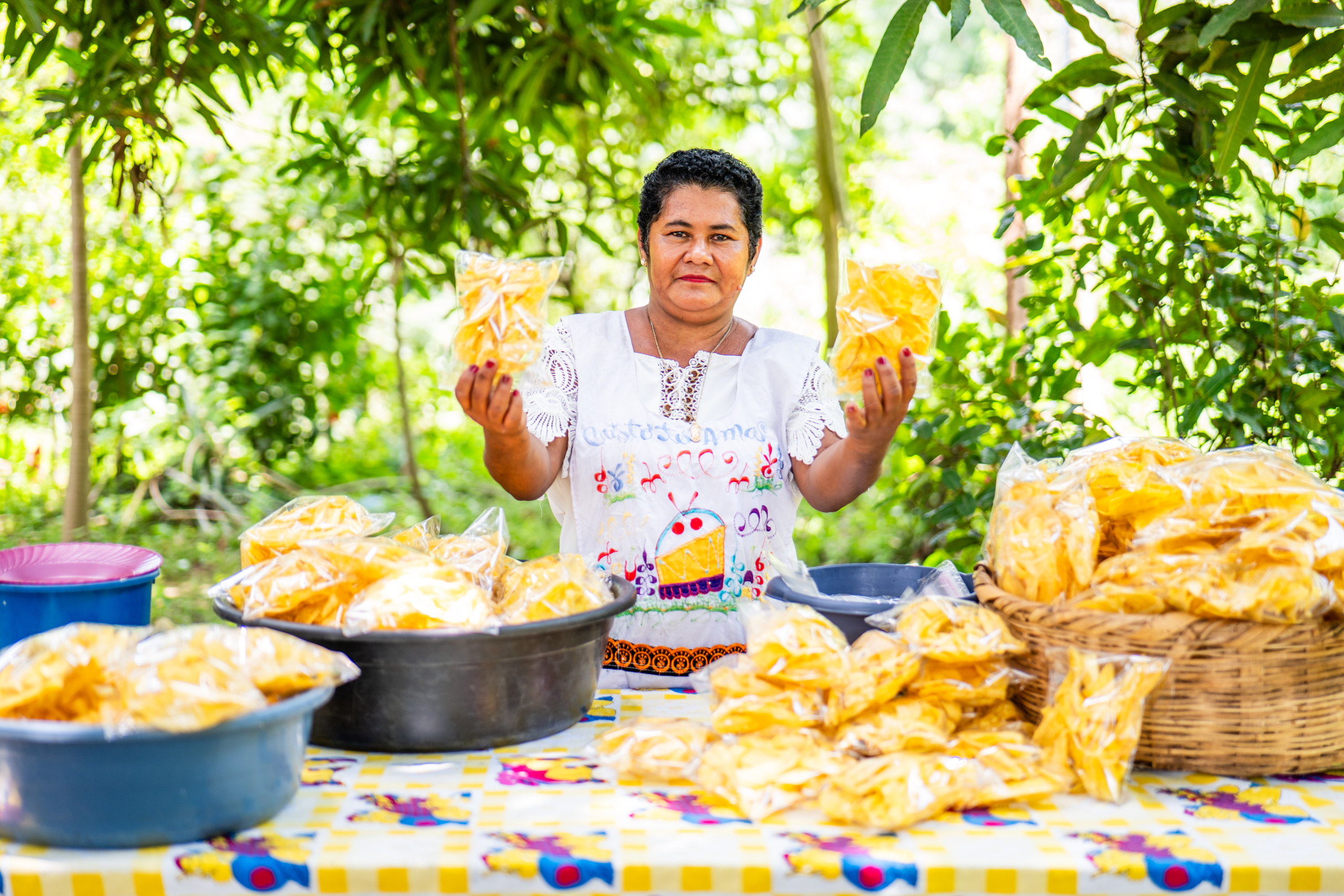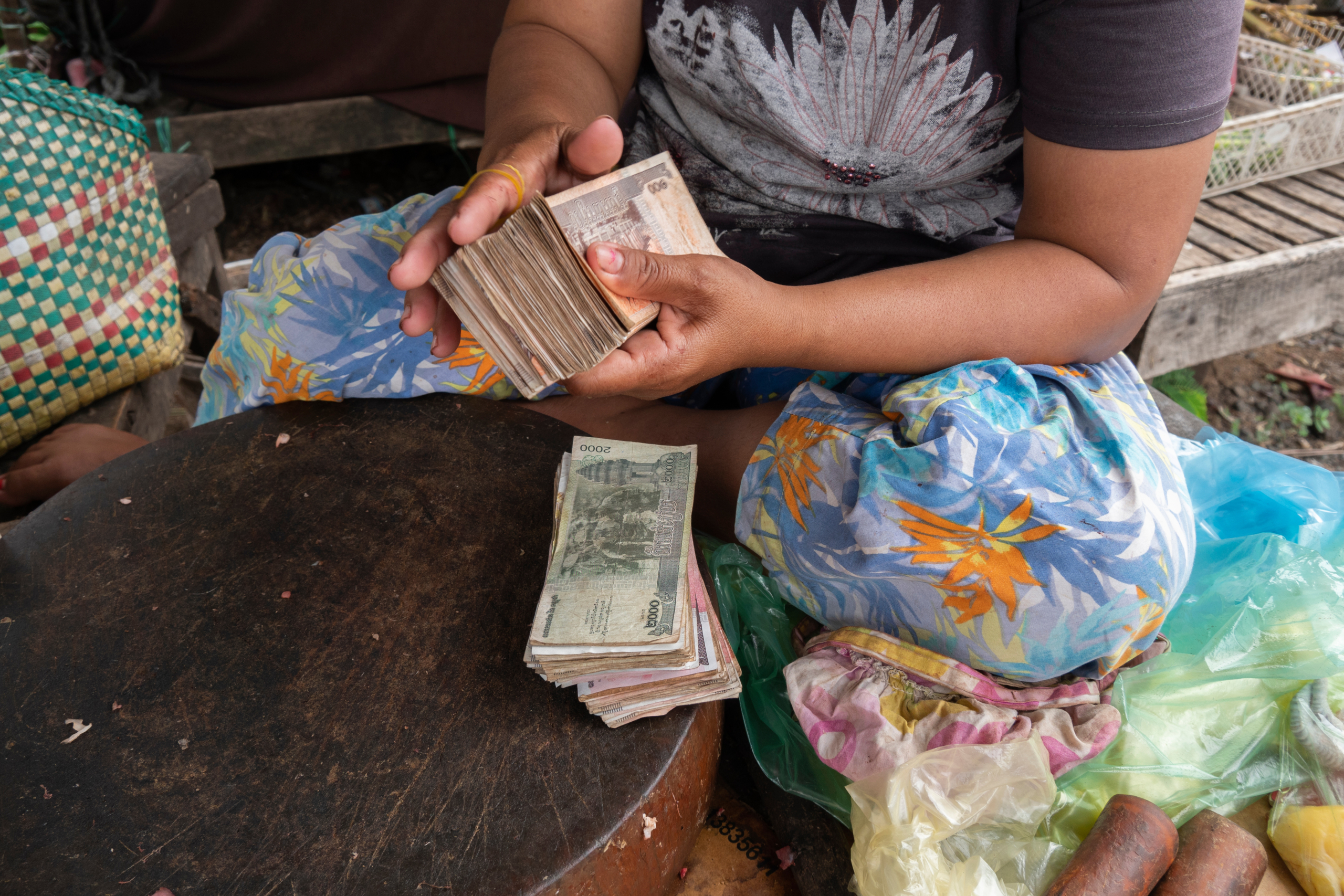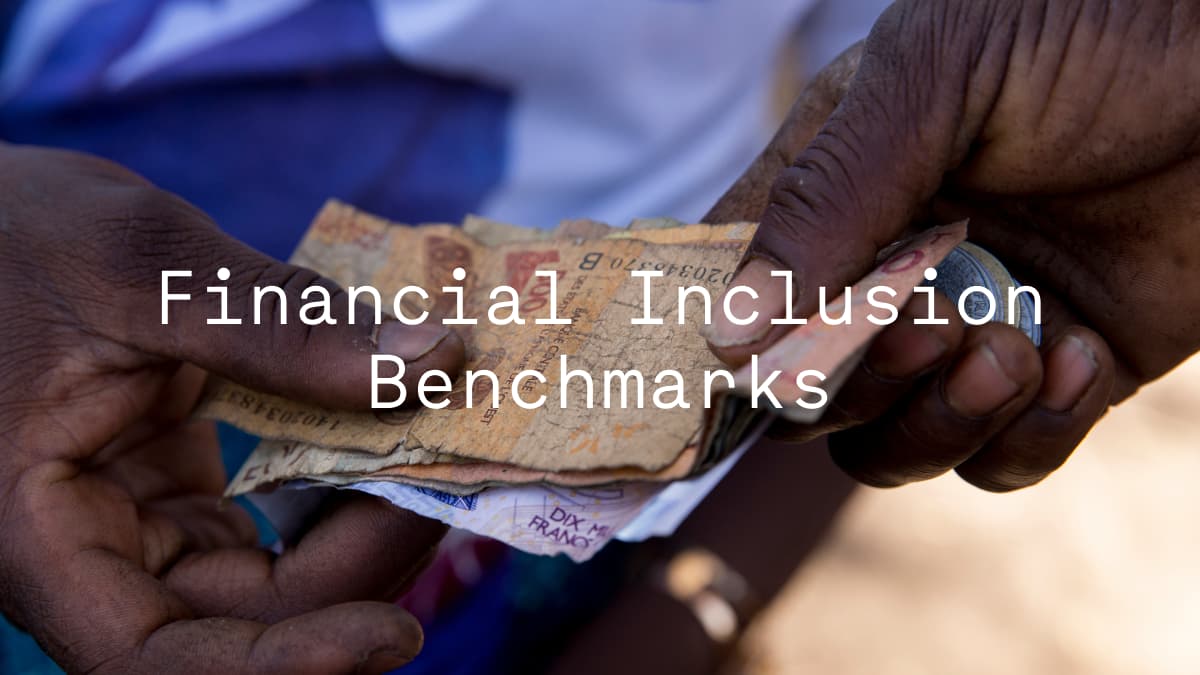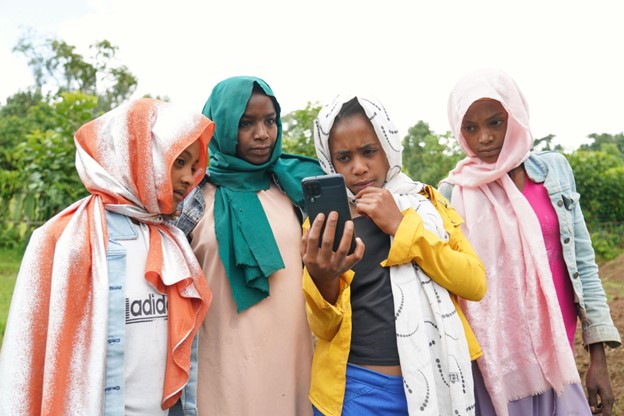

Microfinance for Women
Puedes leer este artículo en español aquí.
Today, Latin American women continue to be on the fringes of the financial system. Many work independently in various informal jobs to meet their basic needs with limited access to traditional banking or credit. According to the Development Bank of Latin America (CAF), only 49% of women have a bank account, 11% save, and 10% have access to credit. Faced with the gaps in formal financial systems, microfinance presents an opportunity to promote female economic empowerment. For those in vulnerable conditions, microfinance can provide access to capital, allowing them to invest in their businesses and improve their living conditions. In recent years, the integration of technology through digital platforms and digital banking services has improved efficiency and reduced costs, but challenges such as lack of collateral, gender biases, and social norms still hinder women’s access to credit and financial services.
Latin America and the Caribbean represent 44% of the global microfinance market, making it the region with the highest total loan volume in the world (and the second-largest in terms of clients). However, many financial institutions are unaware of the real impact of these loans or the challenges they may create, especially for women. Establishing mechanisms for measuring social impact allows us to understand how many women access credit for the first time, recognize the importance of financial education, quantify the impact of credit on increasing their income, and comprehend the burden of repayment in their daily lives. Ultimately, it helps us understand the real impact of credit on the quality of life of women. Moreover, we can analyze income levels, age, ethnic origin, and geographic location to better understand both the baseline and impact we have on borrowers.
Pro Mujer: 33 Years Working for Gender Equality in Latin America
Pro Mujer is a social enterprise that has been working for over 33 years to advance gender equality in Latin America. Their mission is to help women reach their full potential, improve their living conditions, and make a positive impact on their communities. Pairing microloans with ongoing financial education, Pro Mujer aims to break down various structural barriers and needs that could prevent its clients from making the most of their credit, maximizing its positive impact on their lives.
Data measurement with a gender focus has always been a priority for Pro Mujer, enabling them to better understand the specific conditions and profiles of each women they work with. Staying close to users, understanding their context, and accompanying them in their transformation have become part of Pro Mujer’s methodology. This allows them to adjust programs to address the real needs of each population sector, enhancing the social impact of their financial tools and assisting women in building resilient businesses.

Embracing Standardized Impact Measurement in Microfinance
Since 2022, Pro Mujer has participated in the 60dB Microfinance Index, an initiative for financial inclusion that provides comparable impact data for the microfinance industry, driven entirely by the voices of loan borrowers. This initiative was developed by 60 Decibels after working on hundreds of global financial inclusion projects, seeking to understand the real impact of microloans on people’s quality of life. In 2023, the index has expanded, with 114 participating Financial Institutions, engaging with over 32,000 clients in 32 countries. 60 Decibels interviewed over 1,953 Pro Mujer clients.
The index measures the social impact of microfinance institutions (MFIs) on their clients based on 6 key dimensions (access, impact on business, impact on household, client protection, resilience, and agency), allowing for global and regional benchmarks against which each MFI can compare their results. Based on the information obtained in 2022, Pro Mujer established a baseline that allows them to adjust their programs to the realities of their clients. For example, if the savings capacity of users does not increase with the loan, they sought ways to strengthen that facet of their training curriculum. If their quality of life does not improve, they analyze their business models and offer personalized support to enhance the use of their credit. Some examples are detailed below:
In terms of resilience, the results from Bolivia revealed that only 29% of clients believed their ability to manage their finances had “improved significantly” as a result of the loan. This highlighted a latent need to strengthen the resilience capacity of their users. Consequently, they intensified efforts in financial education and entrepreneurial training, allowing them to improve how their users utilized credit, their savings capacity, and their resilience in facing unexpected economic emergencies. The 2023 results show that this indicator has now risen to 49%.
Regarding first access, building on the statistics provided in 2022, the organization initiated a coordinated process to expand its outreach to unbanked women in Mexico, achieving significant improvement in this indicator during 2023.
Global Perspectives
This is the second year that the Global Microfinance Index has been published, and the second consecutive year that Pro Mujer has measured the impact of its portfolio. Having more financial institutions regularly measure the social impact of their loans will provide more information in the sector and seek to generate inclusion.
You can read more about the main insights from the 2023 Global Index here. This year, 60 Decibels engaged with over 32,000 women globally, accounting for 66% of the total interviewee population. The data reveals that female microfinance clients outperform men in terms of productivity in the use of their loans, impact on their households, and new financial skills. However, they have the same likelihood as men to be burdened by their repayments and have less access to “good alternatives.”
Being able to visualize the impact from the different dimensions that encompass women’s lives is essential to understand the power of microfinance in economically empowering women, helping them escape poverty, gain economic autonomy, and transform their lives and communities. Pro Mujer is already designing products that focus on gender equality in Latin America, and they are now looking to take the next step by implementing regular impact measurement assessments to tailor their services to the real needs of users to ensure long-term sustainability and equity.


